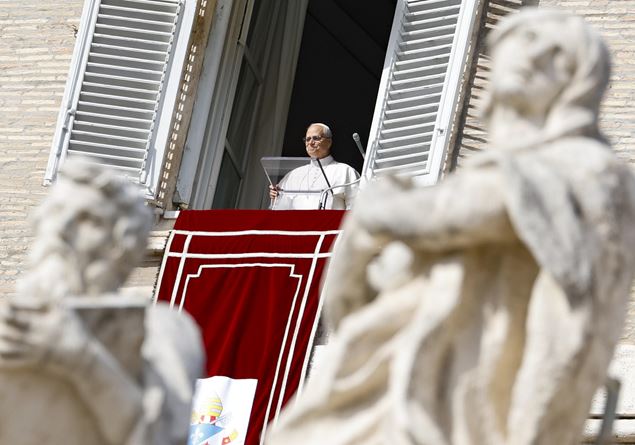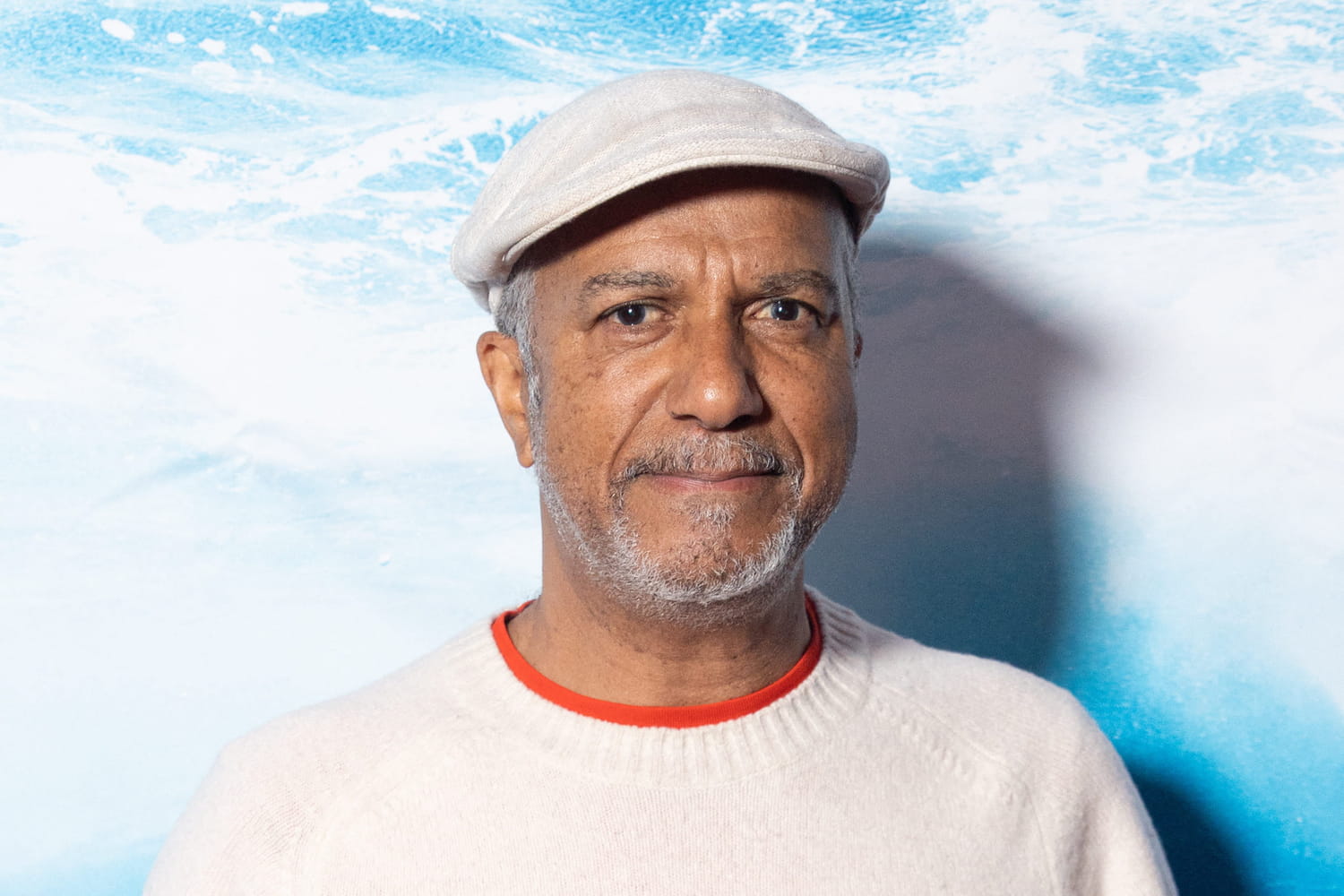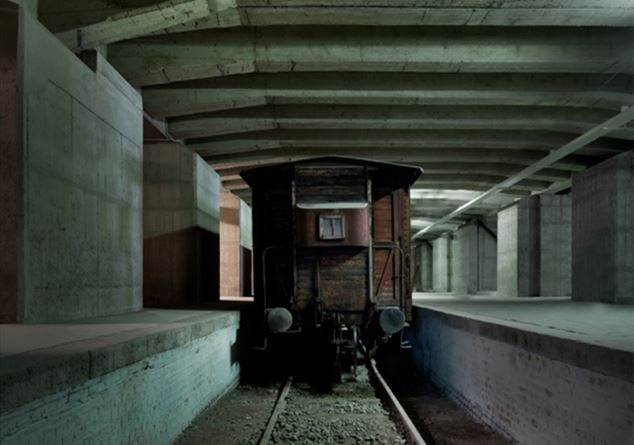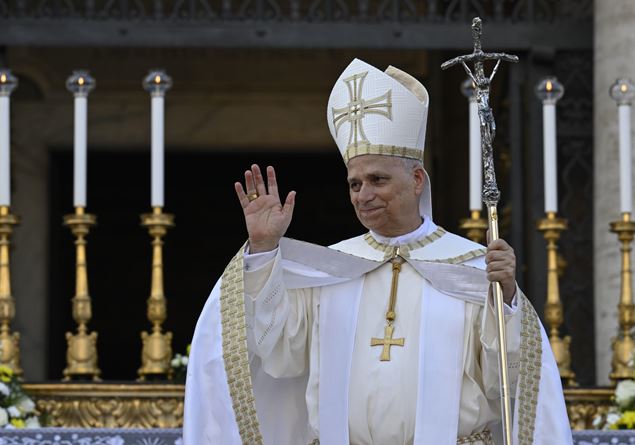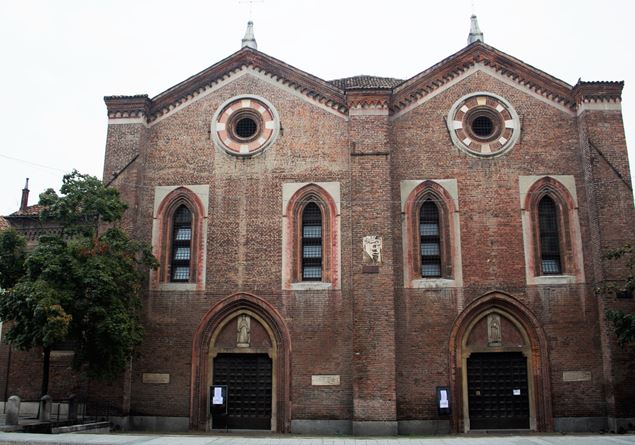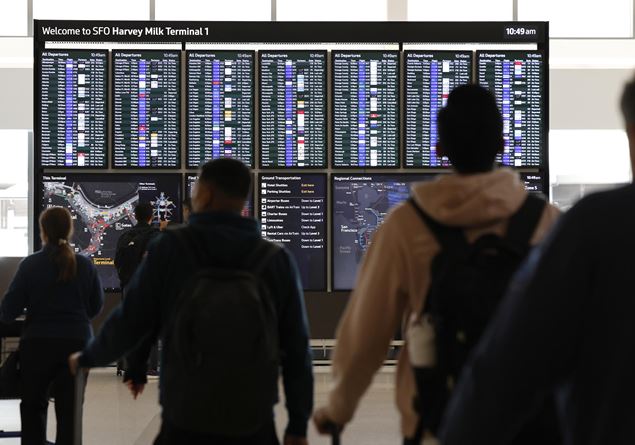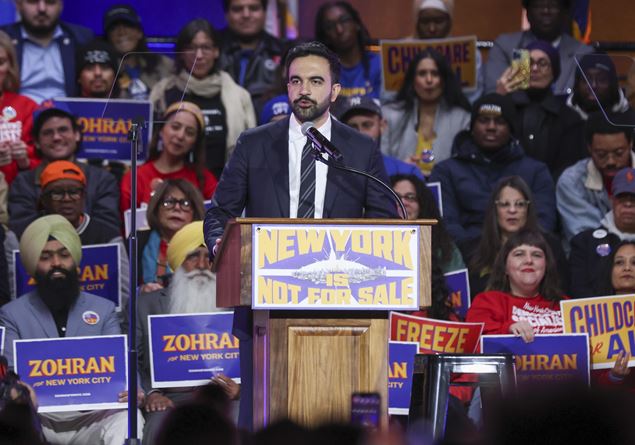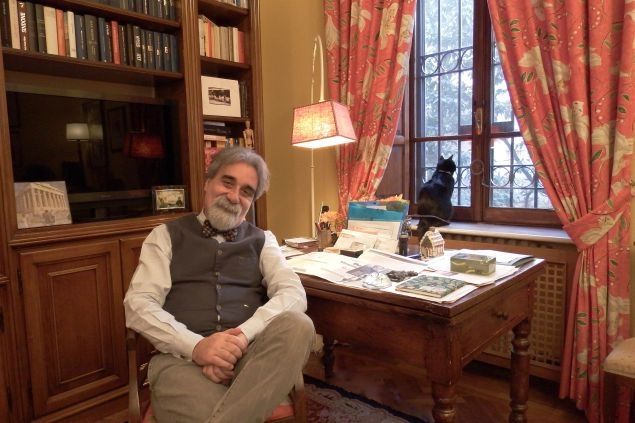In the 82nd anniversary of 8 September 1943, Milan stopped to remember. At 6.30 pm today, September 8, among the corridors and tracks of the Central Station, a symbol of starting and goodbyes, the show comes the places of memory, which intertwines memory, history and art: a itinerant theatrical path that leads the spectators to the places themselves where hundreds of Milanese were loaded on goods vagons, intended for concentration camps and extermination. The idea was born from Stefania allowed, inspired by his book Places of Memory of Milanand finds shape in the staging of Castagna Ravelli, directed by Paolo Castagna. The spectators, following a carefully studied path, move among the rooms of the station, testifying to the silence and loneliness of those basement from which many started not to return. The scene opens with a prologue by the Memorial Foundation of the Shoah, which historically contextualizes events, connecting the gesture of the armed resistance against Nazi -fascism to the drama of deportations.
The theatrical path alternates narration, acting and music. Actresses and actors of the Piccolo Teatro give voice to the testimonies of the survivors, bringing back to life memories, fear, courage and resistance. The music, performed by the artists of the Conservatory, accompany the public, making the experience even more immersive. The itinerary culminates within one of the historical wagons, where prisoners were crammed and transported to a fate of death: a physical, real place, which transmits the horror of the story without the need for rhetoric.
This show, which returns voice and dignity to those who started from there without returning, is not just a memory: it is an invitation to reflection. The public symbolically crosses memory, observes the places that were the scene of suffering and includes the importance of resistance, civil courage and testimony. In a world where history risks being forgotten or trivialized, experiences like this remind us how essential it is to preserve active memory.
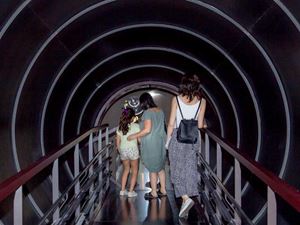
A family in view of the Shoah Memorial at the Milan Central Station
On the website of the Piccolo Teatro in Milan, founded in 1947 by Paolo Grassi and Giorgio Strehler, a symbol of cultural and civil regeneration, which ideally connects to the values of the Resistance, it is written: “often we tend to underestimate the scope of resistance, political deportation and the Shoah on Italian territory. It is of fundamental importance to remember that the racial laws issued by the fascist government and of which the eighty -seventh resorts this year Anniversary (1938-2025), the raid organized by the SS in Rome on October 16, 1943, what happened in the two-year period 1943-1945 (after September 8 and before the end of the war) had very serious consequences for the Italian Jewish community. The Nazi -Fascist repression, after September 8, 1943, hit thousands of political opponents and workers hard. In the great factories of Milan, Sesto San Giovanni and the Province, hundreds of workers and political opponents were arrested and deported following the general strike of March 1944 “.
The Memorial of the Shoah of Milan, the place of memory, was born around track 21, a symbol of the Shoah in Italy and the political and worker deportation. The show was born and takes place in this place because, as Ferruccio De Bortoli, honorary president of the Memorial Foundation of the Shoah of Milan explains, “memory is a healthy exercise: it opens the mind and hearts … it is protection from ideological suggestions, from waves of hatred and suspicions. Memory is the cultural vaccine that makes us immune from the bacteria of anti -Semitism and racism”.
The central station, with its vagons and silent corridors, thus becomes not only theater, but custodian of memory. The show leaves a trail of profound emotion: the history of deportees becomes shared experience, pain turns into collective consciousness. Leaving from those corridors, the viewer brings with him a question that does not dissolve because remembering is never just looking back, but questioning our present: what will we do today, to defend human dignity and prevent similar horrors from repeating?

